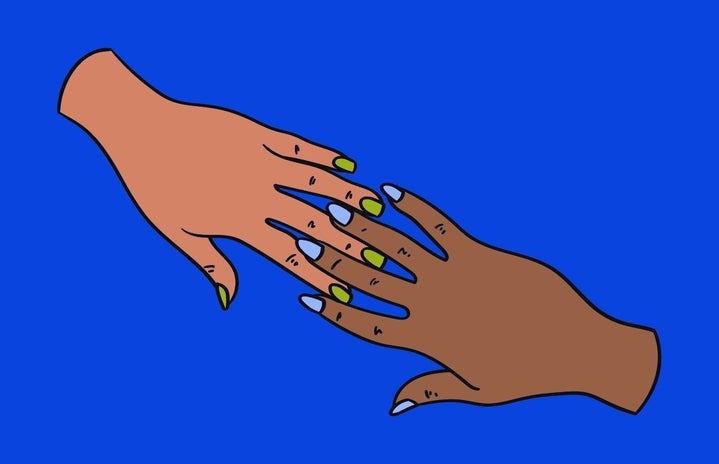The call towards voting has been more prevalent than ever since the start of the Trump presidency with graphics about the importance of voting or essays sharing personal concerns about the election process. However, there has been quite a drop in the amount of voters of color over the years. But why? Let’s delve into why people of color choose not to vote.
The non-hispanic white turnout has always been dominant in voting culture. A change in this dominance was shown in Obama’s election in 2008 and re-election in 2012, where non-hispanic Black people had the highest turnout rates of all racial and ethnic groups, with 70% in 2008 and 67% in 2010 respectively. In the most recent election in 2016, however, the non-Black hispanic turnout lowered, while the non-hispanic white vote rose back to its supremacy. In terms of the other races and ethnicities, Hispanic, Asian, and Pacific Islander voter turnout rates have always been lower than their Black and white counterparts, and this past election was no exception.
Conversations surrounding the reasons why people of color choose not to vote have been going on for many years, but have recently increased in popularity after the 2016 election season. A study constructed by the Harvard T.H. Chan School of Public Health, Robert Wood Johnson Foundation, and NPR showed that in 2017, Native Americans were two times more likely than their white counterparts to report experiencing racial discrimination when trying to vote or participate in politics. This discrimination was three times more likely for Latinxs, and four times more likely for African Americans.
Racial discrimination is nothing new in the United States, and just a few examples can be noted in the tragic shootings of Black men and women by “law enforcement” officers and the horrific treatment of immigrants at the border. This is reflected in our own president, who in 2019, for example, told four Congresswomen of color (Representatives Alexandria Ocasio-Cortez, Ilhan Omar, Rashida Tlaib, and Ayanna Pressley) to “go back where they came from”– just one of his many racist remarks before and during his presidency. It is not hard to see that because of this racism, many people of color do not want to vote in a country that constantly belittles their worth and promotes white supremacy.

Photos: Her Campus Media




